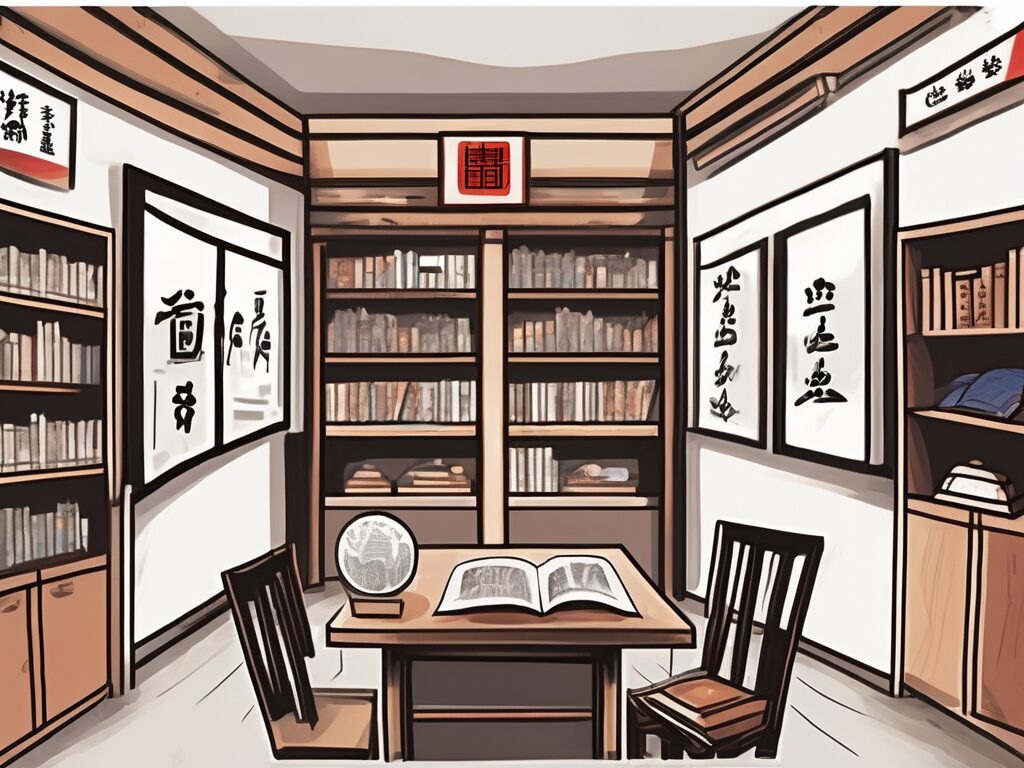Teaching abroad, particularly in a country as culturally diverse as China, can be an incredibly rewarding experience. However, it also comes with its own unique set of challenges. For International Postgraduate Certificate in Education (IPGCE) teachers, these challenges can range from language barriers to adapting to a different education system. In this comprehensive guide, we will delve into the top four challenges that IPGCE teachers may face in China and provide some practical solutions to overcome them.
1. Language Barrier
The first and perhaps most obvious challenge is the language barrier. While English is taught in many Chinese schools, it is not the primary language of communication. This can make day-to-day tasks such as shopping or using public transport a bit of a struggle for those who do not speak Mandarin.
Moreover, in the classroom, this language barrier can pose a significant challenge. Even though IPGCE teachers are teaching in English, the students’ proficiency levels can vary greatly. This can make explaining complex concepts difficult and can hinder the teacher’s ability to effectively communicate with their students.
Overcoming the Language Barrier
Learning the basics of Mandarin can be immensely helpful in navigating daily life in China. There are numerous language learning apps and resources available that can assist with this. Additionally, many Chinese cities offer Mandarin classes specifically designed for foreigners.
In the classroom, visual aids can be a powerful tool in overcoming language barriers. Using images, diagrams, and videos can help to illustrate complex concepts and ensure that all students are able to understand the material being taught.
2. Cultural Differences
The cultural differences between China and Western countries can be quite stark. These differences can impact various aspects of life, from social norms and etiquette to teaching styles and expectations in the classroom.
For example, in China, there is a strong emphasis on respect for authority. This can manifest in the classroom as students being less likely to question or challenge their teachers. This cultural norm can be quite different from what IPGCE teachers may be used to in their home countries.
Adapting to Cultural Differences
Understanding and respecting the local culture is crucial when teaching abroad. This can be achieved through research, cultural sensitivity training, and open-mindedness. It’s important to remember that cultural differences are not necessarily a bad thing, but rather an opportunity to learn and grow.
In the classroom, teachers can adapt their teaching styles to fit the cultural norms. For instance, encouraging group discussions and collaborative learning can help to foster a more interactive and engaging learning environment.
3. Different Education System
The education system in China is quite different from those in Western countries. There is a heavy emphasis on rote learning and memorisation, and students often face immense pressure to perform well academically.
For IPGCE teachers, this can be a challenging environment to navigate. The focus on memorisation can make it difficult to implement more interactive and engaging teaching methods. Furthermore, the high-stakes nature of the education system can create a stressful environment for both students and teachers.
Navigating the Education System
Understanding the education system and its expectations is key to being an effective teacher in China. This requires flexibility and adaptability on the part of the teacher. While it may be challenging, finding a balance between the traditional rote learning methods and more interactive teaching styles can greatly enhance the learning experience for students.
Additionally, providing support and encouragement to students can help to alleviate some of the academic pressure they may be facing. This can be achieved through positive reinforcement, individual attention, and creating a supportive and inclusive classroom environment.
4. Homesickness
Last but certainly not least, homesickness can be a significant challenge for IPGCE teachers in China. Being far away from home, in a different country with a different culture and language, can be quite isolating.
This feeling of homesickness can be exacerbated by the fact that many IPGCE teachers in China live in expat communities, which can sometimes feel like a bubble separate from the rest of the society.
Dealing with Homesickness
Staying connected with friends and family back home can help to alleviate feelings of homesickness. Thanks to modern technology, this is easier than ever before. Regular video calls, social media updates, and even old-fashioned letters can help to bridge the distance.
Additionally, immersing oneself in the local culture can also help to combat homesickness. This can be achieved by exploring local attractions, trying local cuisine, and making friends with locals. Remember, homesickness is a normal part of living abroad and it does get easier with time.
In conclusion, while teaching in China as an IPGCE teacher can be challenging, it is also an opportunity for personal and professional growth. By understanding and addressing these challenges, teachers can ensure a rewarding and successful teaching experience in China.
Transform Your Teaching Career with IPGCE
Overcoming the challenges of teaching in China is just the beginning. With IPGCE, you can elevate your credentials, unlock career progression, connect with a global network of educators, and gain a profound understanding of international curricula. Embrace the opportunity for personal and professional growth with our flexible online study options, designed for working teachers like you. Don’t let inadequate qualifications or isolation hold you back. Join the UK’s #1 Teacher Training Course and start your journey towards a more rewarding teaching career today. Enroll now and be part of the success story shared by educators worldwide.

